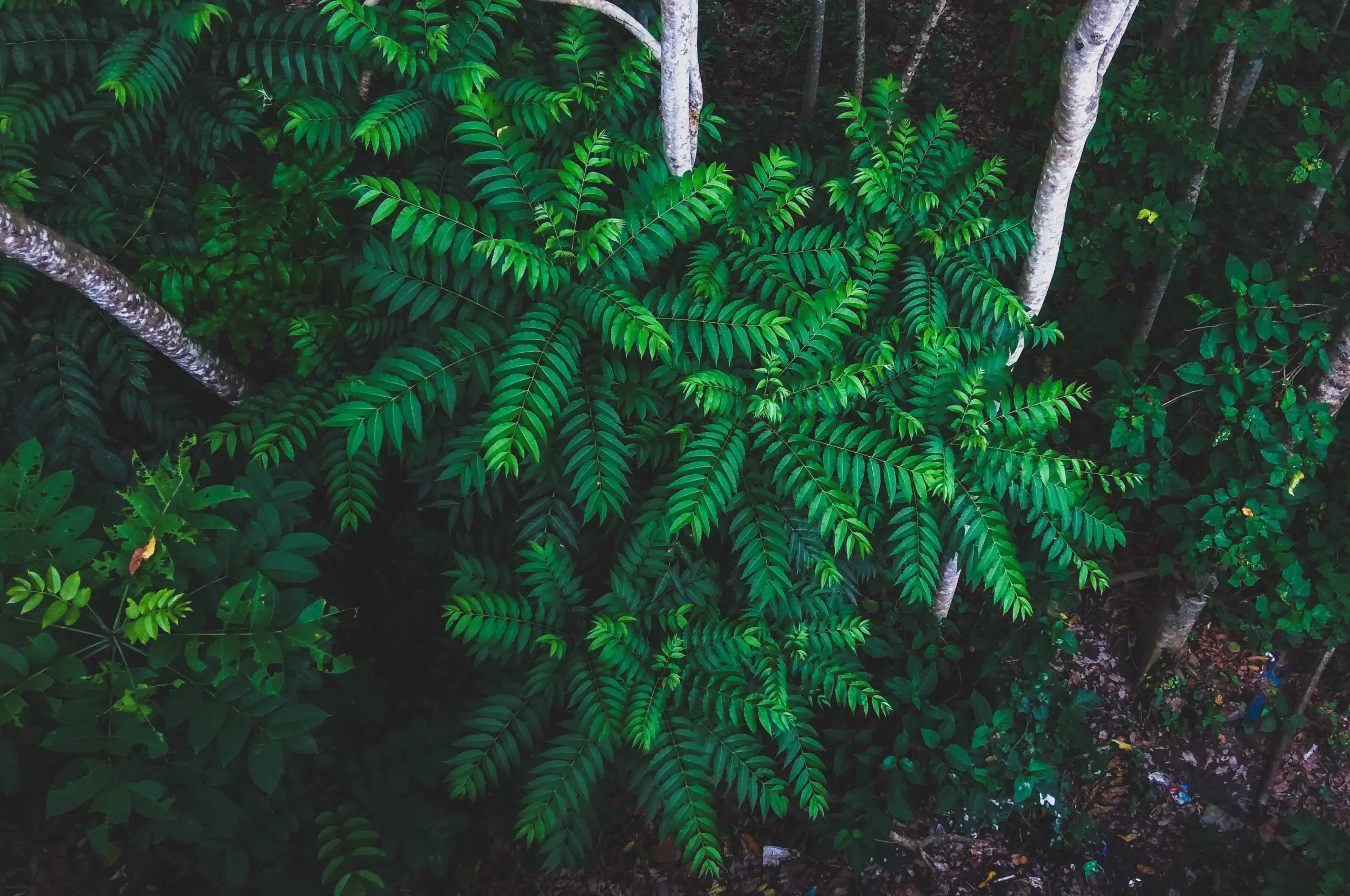
Julia Binder
Professor of Sustainable Innovation at IMD

Biodiversity is in severe crisis. Current levels of funding for nature conservation and restoration are inadequate and need to be increased several times over. This will require innovative funding schemes to involve the private sector. Voluntary Biodiversity Credits (VBCs) have recently emerged as a new tool for the private sector to fund biodiversity and contribute to nature conservation and restoration. However, VBC schemes are complex and not yet standardized. As a result, business is still reluctant to invest.
Using literature reviews, interviews and an online survey, and working in close collaboration with international partners in the Biodiversity Credit Alliance, we have been looking into the enabling factors that will ensure measurable and sustainable nature-positive impacts from VBCs. Key factors we have identified include the need for VBC monitoring, reporting and verification processes to be species- and habitat-specific and use metrics and methods that are feasible and proportionate to a project’s value, complexity and scale. Improved collaboration with conservation agencies, Indigenous Peoples and local communities are vital. Enabling conditions are ultimately linked to the resolution of broader issues with biodiversity credits around governance, accountability, leakage and permanence.
Our research outputs have included scientific papers and business-friendly guidance documents. Ultimately our work will help companies weigh up the relevance and credibility of a given VBC scheme to decide how and where best to invest.

Professor of Sustainable Innovation at IMD

Senior Research Writer, Center for Sustainable and Inclusive Business, IMD

Laboratory for Conservation Biology, Department of Ecology and Evolution, UNIL

Research Fellow, Laboratory for Conservation Biology, Department of Ecology and Evolution, UNIL